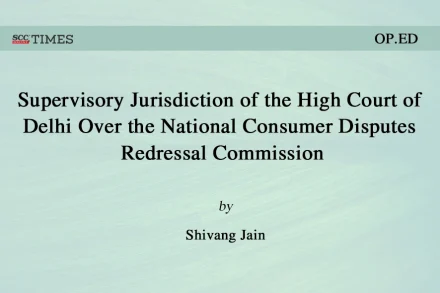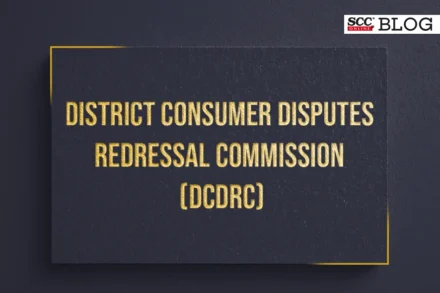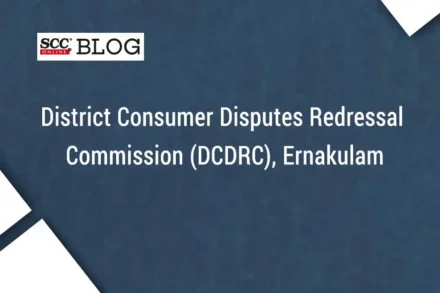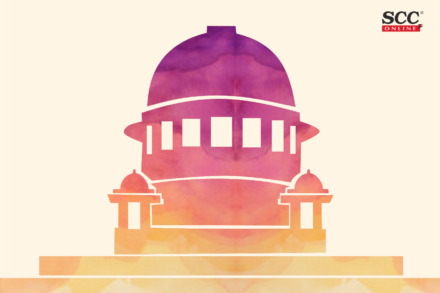
Consumer Protection Act 2019



Consumer Commissions have power to act as Judicial Magistrate for trial of offences, which includes power to issue arrest warrants: Delhi HC
The question here is not about past wrongs, it is about the present failure to comply with a legally binding order. The Consumer Protection Act, 2019 is explicit on this point, that those in charge of a company during non-compliance are accountable. By holding a directorial position during this period, the petitioner is naturally included in this responsibility.

Manufacturers failing to provide spare parts required for product’s proper functioning in its anticipated lifespan, constitutes unfair trade practice: DCDRC
Holding Samsung India liable for deficiency in service, DCDRC stated that often companies fail to provide spare parts required for a product’s proper functioning, thereby eventually compelling consumers to discard still-functional products.

DCDRC directs restaurant to pay Rs 40,000 as compensation for ordeal sustained by the complainant due to its failure to deliver ‘Sadya’ on Thiruonam day
The Commission observed that Malayalis have sentimental attachment towards ‘Thiruonam Sadya’; therefore, waiting for a long time and eventually not getting the ‘Sadya’ can be quite frustrating.


Explained| Can more than one consumer institute a complaint under Consumer Protection Act 2019? Why is the definition of “complainant” misleading?
Supreme Court: In a case where it was alleged that more than one consumer cannot institute a complaint unless they come within

Consumer Protection| Open to NCDRC to direct deposit of entire or more than 50 % of the amount ordered by SCDRC while staying SCDRC ‘s order: SC
Supreme Court: Explaining the scope of Section 51 of the Consumer Protection Act, 2019, the bench of MR Shah* and BV Nagarathna,

[Consumer Rights] SC takes cognizance of Government’s lackadaisical attitude towards consumer empowerment; Issues directions to conduct a Legislative Impact Study on Consumer Protection Act, 2019
Supreme Court: Opining that empowerment of the consumers is the legislative intent behind the Consumer Protection Act, 2019 and the ground reality

Proceedings instituted under Consumer Protection Act, 1986 not to be transferred to fora created under 2019 Act with newly prescribed pecuniary limits: Supreme Court
“One can imagine the serious hardship that would be caused to the consumers, if cases which have been already instituted before the NCDRC were required to be transferred to the SCDRCs as a result of the alteration of pecuniary limits by the Act of 2019.”
President gives assent to — Consumer Protection Bill, 2019
President gives its approval for the Consumer Protection Bill, 2019 which aims to protect the rights of consumers by establishing authorities for


